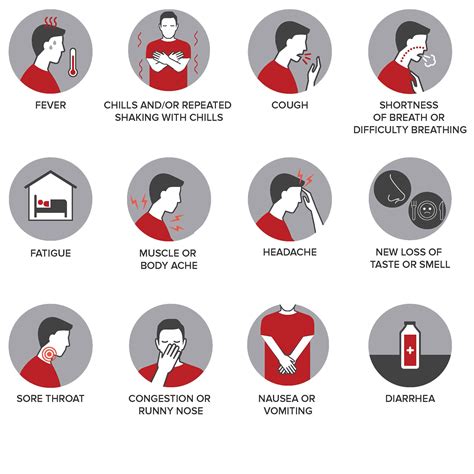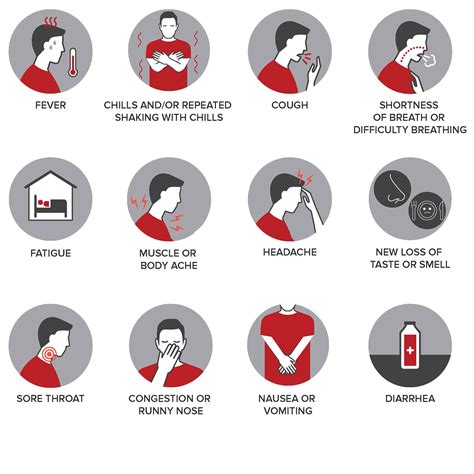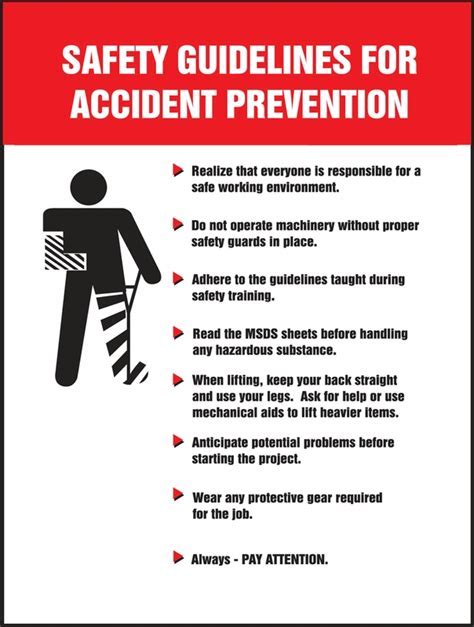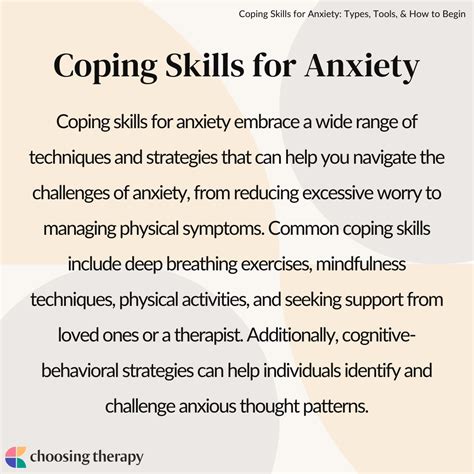Intro
The COVID-19 pandemic has had a profound impact on families and children worldwide. As the virus continues to evolve, it's essential for parents and caregivers to be aware of the potential symptoms of COVID-19 in kids. The virus can affect children of all ages, from infants to teenagers, and its symptoms can range from mild to severe. In this article, we will delve into the world of COVID-19 symptoms in kids, exploring the signs, symptoms, and what parents can do to keep their little ones safe.
The importance of recognizing COVID-19 symptoms in kids cannot be overstated. Early detection and treatment can significantly reduce the risk of complications and long-term effects. Moreover, being aware of the symptoms can help parents take proactive measures to prevent the spread of the virus, protecting not only their child but also the broader community. As we navigate this complex and ever-changing landscape, it's crucial to stay informed and up-to-date on the latest developments and research.
As the pandemic continues to unfold, researchers and healthcare professionals have made significant strides in understanding the virus and its effects on children. While some kids may exhibit no symptoms at all, others may experience a range of symptoms, from mild to severe. Common symptoms of COVID-19 in kids include fever, cough, runny nose, and fatigue. In some cases, children may also experience gastrointestinal symptoms, such as diarrhea and vomiting. It's essential for parents to be vigilant and monitor their child's health closely, seeking medical attention if they notice any unusual or concerning symptoms.
Understanding COVID-19 Symptoms in Kids

COVID-19 symptoms in kids can be similar to those experienced by adults, but there are some key differences. Children under the age of 5 may be more likely to experience severe symptoms, such as difficulty breathing and rapid heart rate. Older children and teenagers may experience milder symptoms, such as a runny nose and cough. In some cases, kids may also experience multisystem inflammatory syndrome (MIS-C), a rare but potentially life-threatening condition that can cause inflammation in various parts of the body.
Common Symptoms of COVID-19 in Kids
Some common symptoms of COVID-19 in kids include: * Fever * Cough * Runny nose * Fatigue * Headache * Sore throat * Diarrhea * Vomiting * Abdominal pain It's essential for parents to be aware of these symptoms and seek medical attention if they notice any unusual or concerning signs.Recognizing Severe Symptoms in Kids

While most children experience mild symptoms, some may develop severe symptoms that require immediate medical attention. Severe symptoms of COVID-19 in kids include:
- Difficulty breathing
- Rapid heart rate
- Chest pain
- Severe headache
- Confusion
- Seizures
- Rash If parents notice any of these symptoms, they should seek medical attention immediately.
What to Do If Your Child Exhibits Symptoms
If your child exhibits symptoms of COVID-19, there are several steps you can take to help them feel better and prevent the spread of the virus. These include: * Keeping your child home from school or daycare * Encouraging them to rest and stay hydrated * Using a humidifier to relieve congestion * Administering over-the-counter medications, such as acetaminophen or ibuprofen, to reduce fever and relieve pain * Practicing good hygiene, such as washing hands frequently and avoiding close contact with othersPreventing the Spread of COVID-19 in Kids

Preventing the spread of COVID-19 in kids requires a combination of good hygiene practices, social distancing, and vaccination. Some ways to prevent the spread of the virus include:
- Washing hands frequently with soap and water
- Avoiding close contact with others
- Wearing a mask in public
- Staying home from school or daycare if experiencing symptoms
- Getting vaccinated against COVID-19 By taking these steps, parents can help protect their child and the broader community from the spread of the virus.
Vaccination and COVID-19 in Kids
Vaccination is a crucial step in preventing the spread of COVID-19 in kids. The COVID-19 vaccine has been shown to be safe and effective in preventing severe illness and hospitalization due to COVID-19. Parents should consult with their child's healthcare provider to determine the best course of action for vaccination.Managing COVID-19 Symptoms in Kids

Managing COVID-19 symptoms in kids requires a combination of rest, hydration, and over-the-counter medications. Parents can help their child feel better by:
- Encouraging them to rest and stay hydrated
- Using a humidifier to relieve congestion
- Administering over-the-counter medications, such as acetaminophen or ibuprofen, to reduce fever and relieve pain
- Practicing good hygiene, such as washing hands frequently and avoiding close contact with others
When to Seek Medical Attention
If parents notice any severe symptoms or are concerned about their child's health, they should seek medical attention immediately. Some signs that require immediate medical attention include: * Difficulty breathing * Rapid heart rate * Chest pain * Severe headache * Confusion * Seizures * Rash By seeking medical attention promptly, parents can help ensure their child receives the care they need to recover from COVID-19.Coping with COVID-19 as a Family

Coping with COVID-19 as a family can be challenging, but there are several steps parents can take to support their child's physical and emotional well-being. These include:
- Practicing good hygiene and social distancing
- Encouraging open communication and emotional expression
- Providing a stable and supportive environment
- Seeking support from healthcare providers, family, and friends By working together, families can navigate the challenges of COVID-19 and emerge stronger and more resilient.
Supporting Your Child's Emotional Well-being
The COVID-19 pandemic can be a stressful and anxiety-provoking experience for children. Parents can support their child's emotional well-being by: * Encouraging open communication and emotional expression * Validating their feelings and concerns * Providing a stable and supportive environment * Engaging in activities that promote relaxation and stress reduction, such as deep breathing, yoga, or meditationConclusion and Next Steps

As we conclude our exploration of COVID-19 symptoms in kids, it's essential to remember that the pandemic is an ongoing and evolving situation. Parents should stay informed and up-to-date on the latest developments and research, taking proactive steps to protect their child's physical and emotional well-being. By working together and supporting one another, we can navigate the challenges of COVID-19 and create a safer, healthier world for all.
What are the common symptoms of COVID-19 in kids?
+Common symptoms of COVID-19 in kids include fever, cough, runny nose, fatigue, headache, sore throat, diarrhea, vomiting, and abdominal pain.
How can I prevent the spread of COVID-19 in my child?
+Preventing the spread of COVID-19 in kids requires a combination of good hygiene practices, social distancing, and vaccination. This includes washing hands frequently, avoiding close contact with others, wearing a mask in public, and getting vaccinated against COVID-19.
When should I seek medical attention for my child's COVID-19 symptoms?
+Parents should seek medical attention immediately if their child exhibits severe symptoms, such as difficulty breathing, rapid heart rate, chest pain, severe headache, confusion, seizures, or rash.
We hope this article has provided you with valuable insights and information on COVID-19 symptoms in kids. If you have any further questions or concerns, please don't hesitate to reach out. Share this article with your friends and family to help spread awareness and keep our communities safe. Together, we can navigate the challenges of COVID-19 and create a healthier, happier world for all.
